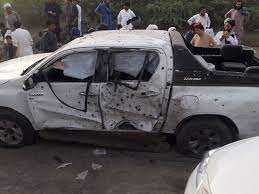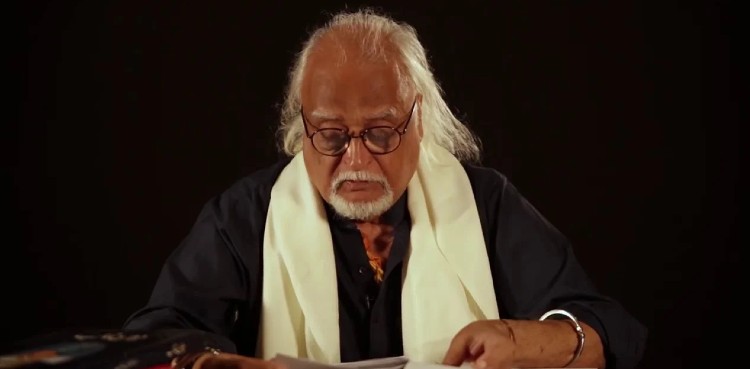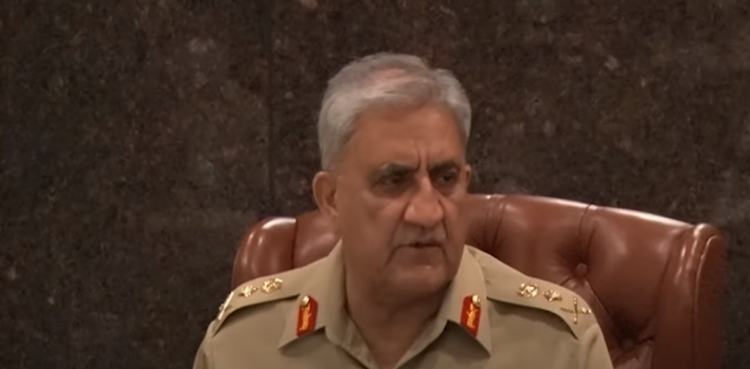ISLAMABAD: Pakistan and India will mull over a variety of issues under the Indus Waters Treaty, including objections to the designs of Pakal Dul and Lower Kalnai hydroelectric plants during a meeting of Permanent Indus Commission (PIC) in New Delhi next week.
Foreign Office spokesperson Zahid Hafeez Chaudhri hold a weekly news briefing in Islamabad. He told that at the talks on Tuesday and Wednesday, Pakistan’s delegation, led by Indus Waters Commissioner Meher Ali Shah, will include officials from the relevant departments.
Under the provisions of the Indus Waters Treaty, 1960, the Permanent Indus Commission is required to meet at least once a year. The next meeting on March 23-24 will be 116th session of the commission. The forum discusses the water-related issues falling under the 1960 treaty.
Zahid Hafeez Chaudhri told reporters that Pakistan would discuss with India a host of issues, including “our objections on the designs of Pakal Dul and Lower Kalnai hydroelectric plants”.
Responding to a question, Chaudhri replied that Pakistan had always emphasised the need for a meaningful dialogue and peaceful resolution of all outstanding disputes with India, including the core issue of Jammu and Kashmir.
Giving his response against a question about Indian foreign secretary’s statement regarding meaningful Pakistan-India dialogue, Chaudhri said such statements were not helpful in resolution of the disputes which were a hurdle in the way of peace and stability in the region.
“Jammu and Kashmir is an internationally-recognized dispute and the core issue between India and Pakistan. Pakistan has always underscored the need for a meaningful dialogue and peaceful resolution of all outstanding disputes with India,” he maintained.
The spokesperson said that the Pakistan Cricket Board (PCB) is in touch with India on the issue of Cricket World Cup. Chaudhri reminded that provision of security to the players is the responsibility of the host country.
He said that the Kartarpur initiative by Pakistan despite several challenges and the return of captured Indian pilot Abhinandan after the shooting down of two Indian fighter jets by the Pakistan Air Force were also indicative of Pakistan’s desire for lasting peace in the region.
“The onus is, therefore, on India to create the enabling environment necessary for a ‘meaningful engagement’. The current situation in IIOJK is neither tenable nor acceptable. India needs to take corrective measures in IIOJK to move forward,” he remarked.

















































